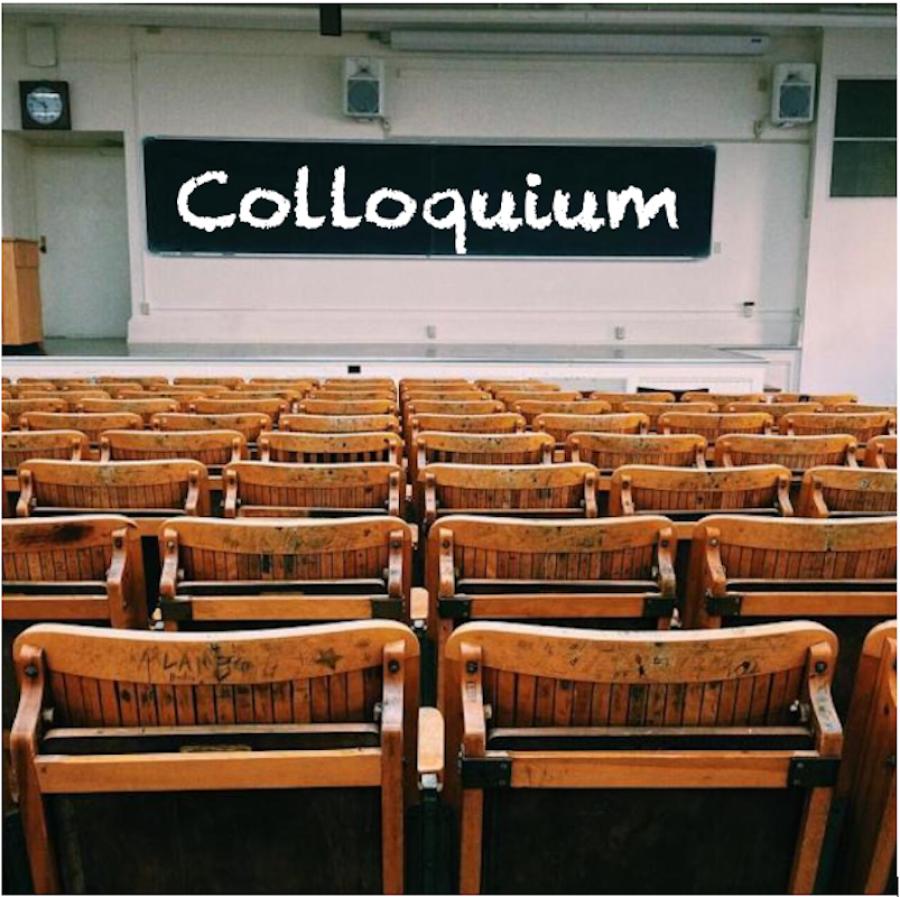Modality, conditionality and markedness: evidence from the history of Greek
Markedness appears in the linguistic community since the School of Prague (Trubetzkoy 1931), first in Phonology and then it expands. It plays a crucial role in the research of Greenberg (1966), Chosmky & Halle (1968), Kean (1975), receiving more focused attention regarding all levels of linguistic analysis in the works of Andrews (1990) and Battistella (1990) up to Elšik & Matras (2008). Focusing on the notion of nonveridicality (Giannakidou 1998 et seq.) this talk supports a broader understanding of the notion of markedness in natural languages, including the veridical and nonveridical hierarchical pair, with nonveridical environments being crosslinguistically marked (Chatzopoulou 2019). Representational and explanatory benefits for a syntactic treatment of polarity phenomena and semantic licensing in terms of syntactic agreement (Chomsky 2001) by positing a Nonveridicality syntactic projection (Chatzopoulou 2019). Evidence from the history of Greek provide lexical motivation for positing such a projection: in the transition from Attic Greek to Koine phonological developments, namely homophony in the mood system (indicative, subjunctive, optative), jeopardized the nonveridicality-based mood distinction, a fact which triggered the syntactic emergence of Nonveridicality—morphologically through the na particle—as a projection related to, but at this point distinct (i) from morphological mood, (ii) from Comp. The development of conditionals in Greek from ancient to modern and the semantic transformations of the an particle, point to the same direction: the presence of a syntactic projection devoted to nonveridicality, discussed also in Chatzopoulou (to appear) in connection to the cartographic approach of Cinque (1999).

